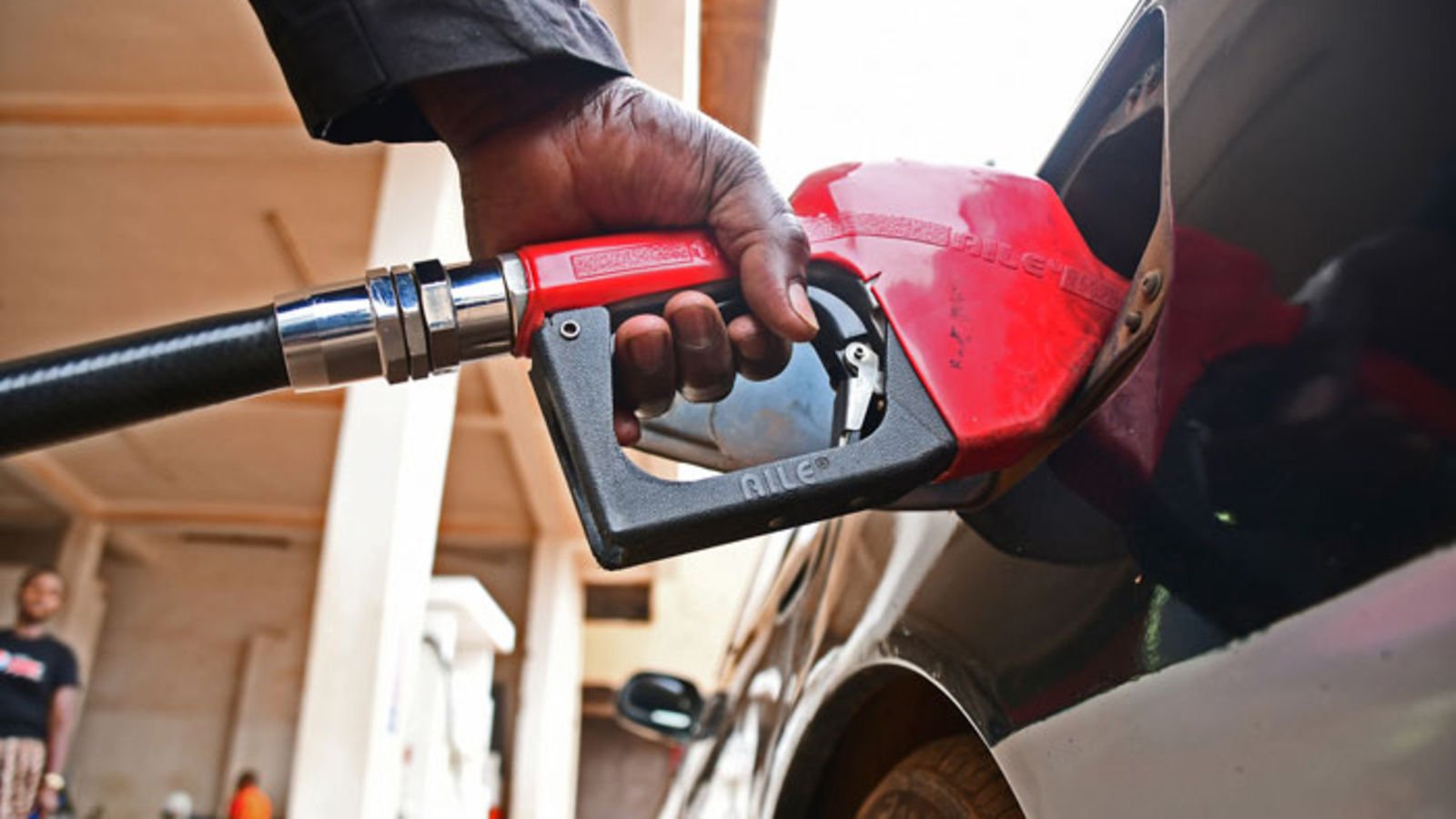The Kenyan government has significantly altered its alcohol control framework by raising the legal drinking age from 18 to 21 years. This new policy, issued by the National Authority for the Campaign Against Alcohol and Drug Abuse (NACADA), aims to curb early exposure to alcohol and its associated risks among the youth.
Under the new directive, individuals under 21 will be prohibited from consuming alcohol or entering any alcohol-selling premises, regardless of whether they are accompanied by an adult. All entertainment venues and outlets selling alcohol are now mandated to strictly enforce this new age limit.
This measure is a key component of a wider national campaign to combat harmful drinking habits, particularly among young people. Experts believe that delaying the age at which individuals begin consuming alcohol can mitigate lifelong health issues, addiction, and increased risk-taking behaviors.
Beyond the age restriction, the new regulations also impact marketing strategies. NACADA has explicitly banned celebrities, influencers, entertainers, sports personalities, and media figures from endorsing or promoting alcohol, drugs, and other controlled substances. This move is designed to reduce the influence of popular figures in shaping attitudes towards drinking.
NACADA believes that restricting advertising and increasing the legal drinking age will diminish the social appeal of alcohol among young people, making it more difficult for underage individuals to access alcohol-related content and venues.
These policy changes are informed by recent findings. A February 2025 NACADA study, “Status of Drugs and Substance Use Among University Students in Kenya,” revealed that alcohol remains the most commonly used substance among university students.
The data indicated that 87.3% of students consume alcohol, followed by cigarettes at 64.4%, and shisha at 41.2%. The study surveyed 15,678 undergraduate students from both public and private universities across Kenya.
It also highlighted that 66.4% of respondents sourced drugs or substances from friends, while 59.3% obtained them from neighborhood canteens and bars.
https://twitter.com/TheAnkoleTimes/status/1950670817106555111
NACADA continues to engage with communities and collaborate with faith-based organizations to raise public awareness against substance abuse.




















